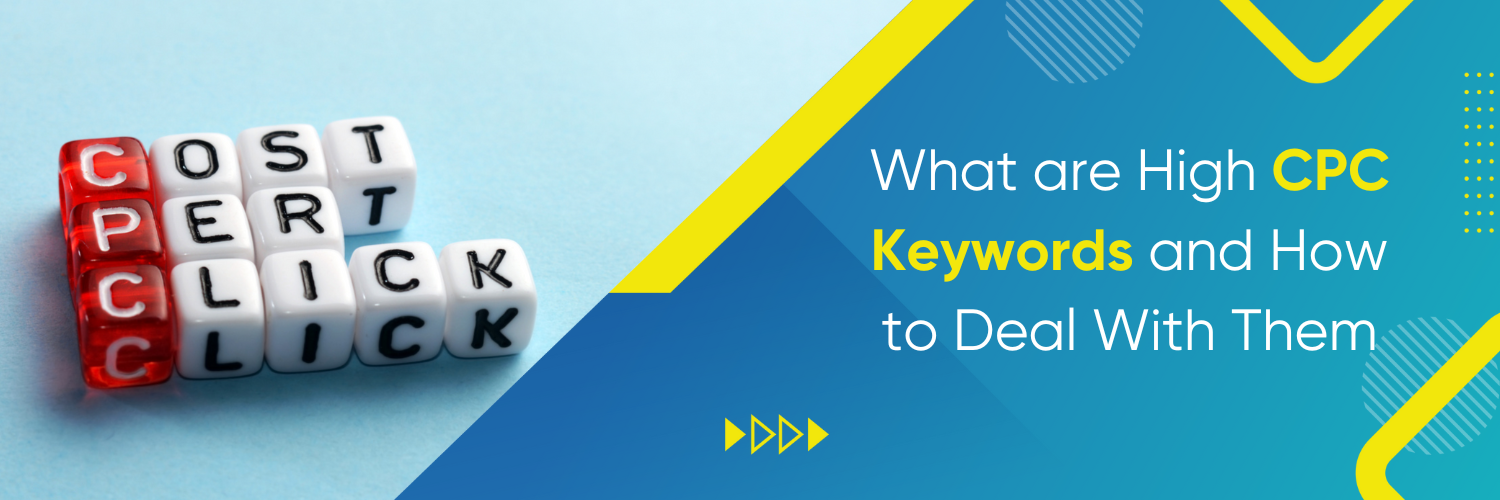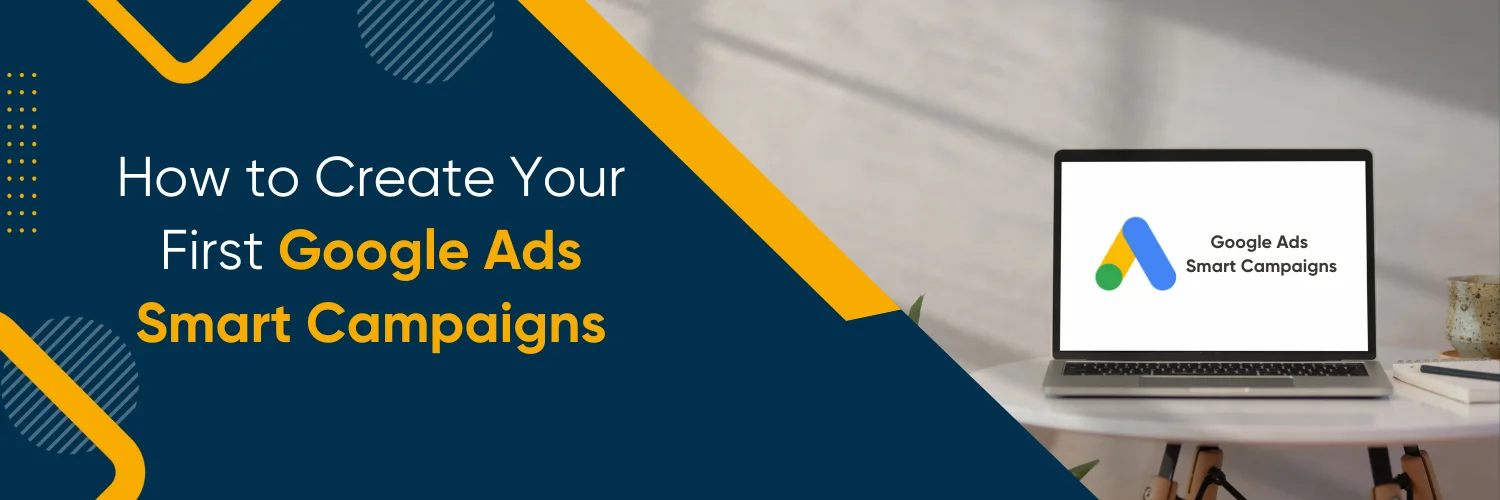What are CPC Keywords?
High CPC (Cost-Per-Click) keywords are specific keywords or search terms that advertisers bid on in online advertising platforms, such as Google Ads or Bing Ads, to display their ads to relevant audiences. These keywords are called “high CPC” because the cost per click for these keywords is relatively expensive compared to other keywords. Understanding the concept of high CPC keywords is crucial for advertisers and marketers as it directly impacts their advertising budgets and overall campaign success.
Importance of CPC in Online Advertising
CPC is a vital metric in online advertising as it directly influences how much an advertiser will pay for each click on their ads. It plays a significant role in determining an advertising campaign’s return on investment (ROI). High CPC keywords can quickly deplete an advertising budget, while low CPC keywords can bring in more clicks at a lower cost. Advertisers must effectively identify and manage high CPC keywords to ensure they get the best results from their advertising efforts.
Factors Affecting CPC
Several factors influence the Cost-Per-Click (CPC) in online advertising. Understanding these factors is essential for advertisers to make informed decisions about their ad campaigns and budget allocation. The main factors affecting CPC include:
- Competition: The level of competition for a specific keyword directly impacts its CPC. If many advertisers bid on the same keyword, the CPC tends to be higher. Highly competitive industries or popular keywords often have elevated CPCs.
- Quality Score: Quality Score is a metric used by advertising platforms like Google Ads to measure the relevance and quality of an ad about its corresponding keyword and landing page. Higher Quality Scores result in lower CPCs and better ad positions. Advertisers should ensure that their ads are highly relevant to the targeted keywords and provide a seamless user experience on their landing pages to improve the Quality Score.
- Click-Through Rate (CTR): The CTR represents the percentage of users who click on an ad after viewing it. Advertisements with higher CTRs are seen as more relevant and engaging by the advertising platform, leading to higher Quality Scores and lower CPCs.
- Ad Position: An ad’s position on the search results page can affect its CPC. Ads in higher positions typically receive more clicks, and advertisers are willing to pay more to secure these top spots. As a result, CPC tends to be higher for ads displayed in top positions.
- Relevance: The relevance of the ad copy and landing page to the targeted keyword is crucial. Advertisers should ensure that their ads accurately reflect the user’s search intent and provide valuable content on the landing page. Relevant ads often receive higher click-through rates and better Quality Scores, leading to lower CPC.
- Historical Performance: Advertisers’ past performance on the platform can influence CPC. If an advertiser has a history of delivering relevant and engaging ads with high CTRs, the platform may reward them with lower CPCs.
- Seasonality: Some industries experience fluctuations in CPC based on seasonal demand. During peak periods, when demand is high, CPCs may increase due to increased competition.
- Device and Location: CPC can vary based on the device used by the user (desktop, mobile, tablet) and their geographic location. Mobile traffic, for example, may have a different CPC than desktop traffic.
- Ad Format: Different ad formats, such as text ads, display ads, and video ads, can influence CPC. Video ads, for instance, tend to have higher CPCs due to their engaging nature and higher production costs.
Identifying High CPC Keywords
Keyword Research and Analysis
Thorough keyword research and analysis are essential to identify high CPC keywords. Start by brainstorming potential keywords relevant to your business or industry. Utilise keyword research tools like Google Keyword Planner, SEMrush, or Ahrefs to get insights into the average CPC of keywords and their search volume. Focus on keywords with high search volume and CPC, as these are likely to be the most competitive and expensive.
Using Keyword Tools to Find High CPC Keywords
Keyword tools allow you to find and filter keywords based on their CPC values. Look for keywords with a high CPC compared to their average search volume. This indicates a high demand for those keywords, often associated with higher competition and costs. List these high CPC keywords to analyse further and strategise your advertising approach.
Analysing Competition and Bid Estimates
Evaluate the level of competition for each high CPC keyword. Tools like Google Ads Auction Insights can provide valuable information about the number of advertisers competing for specific keywords and their impression share. Additionally, estimate the bid range required to show your ads in prominent positions for these keywords. Understanding the competition and estimated bids will help you decide which high CPC keywords are worth targeting.
Dealing With High CPC Keywords
Optimising Ad Copy and Quality Score
One effective way to deal with high CPC keywords is to optimise your ad copy and improve your Quality Score. Ad platforms like Google Ads consider your ad’s relevance and quality to determine your Quality Score.
A higher Quality Score can lead to lower CPC for the same keyword. Ensure your ad copy is relevant, engaging, and aligned with your target keyword. Use ad extensions, such as site links and callouts, to enhance your ad’s appeal and increase the chances of a higher Quality Score.
Improving Landing Page Relevance
The relevance of your landing page to the keywords and ad copy is critical in reducing CPC. Ensure your landing page provides valuable content and a seamless user experience related to the targeted keywords. An optimised landing page improves Quality Score and enhances user satisfaction, leading to higher conversions and potentially lower CPC.
Setting Budgets and Bids Strategically
When dealing with high CPC keywords, strategically setting your budgets and bids is essential. Allocate a higher budget to the keywords likely to bring the best returns. Consider adjusting your bids based on the performance of individual keywords.
Bid more aggressively on high-converting keywords to maintain visibility and reduce the bids for less effective ones. Regularly monitor and adjust your budget and bids to optimise the performance of your advertising campaign.
Alternative Advertising Platforms
Exploring Other Advertising Options
While Google Ads and Bing Ads are popular choices for online advertising, there are alternative advertising platforms that may offer lower CPC and more niche targeting opportunities. Social media platforms like Facebook, LinkedIn, and Twitter offer various advertising options to reach specific audiences. Content discovery platforms like Taboola and Outbrain can also provide cost-effective advertising alternatives.
Assessing Pros and Cons of Different Platforms
When considering alternative advertising platforms, carefully assess their pros and cons. Each platform has its unique audience, ad formats, and targeting capabilities. Research the user demographics and behaviours on these platforms to determine which aligns best with your target audience. Additionally, compare the CPC and conversion rates of your chosen keywords on different platforms to make informed decisions about budget allocation.
Diversifying Your Advertising Strategy
A smart approach to dealing with high CPC keywords is to diversify your advertising strategy. Rather than relying solely on one platform, consider running parallel campaigns on multiple platforms. Diversification allows you to reach different audiences, optimise for varying CPCs, and hedge against potential fluctuations in ad costs. Regularly analyse the performance of each platform to refine your advertising mix and maximise ROI.
Long-Tail Keywords and Niche Targeting
What are Long-Tail Keywords?
Long-tail keywords are longer and more specific keyword phrases that typically have lower search volume but higher conversion rates. They are highly relevant to specific queries and indicate a more intent-driven audience. Targeting long-tail keywords can help you attract potential customers more likely to convert. Additionally, long-tail keywords often have lower competition, leading to lower CPC.
Benefits of Targeting Niche Audiences
Focusing on niche audiences can be a powerful strategy for dealing with high CPC keywords. By targeting a specific and engaged audience, you can tailor your ad copy and landing page to meet their needs and interests precisely. This level of relevance increases the chances of conversion and can lead to lower CPC due to improved Quality Score.
Using Long-Tail Keywords for Lower CPC
Incorporate relevant long-tail keywords into your advertising campaigns. While these keywords may have lower search volume individually, their combined impact can generate a substantial flow of targeted traffic. As you bid on long-tail keywords, you may find that their CPC is more cost-effective than highly competitive short-tail keywords.
Ad Extensions and Ad Formats
Leveraging Ad Extensions to Improve Performance
Ad extensions are additional information that expands your ad and makes it more engaging and informative. They not only take up more ad space but also improve the relevance of your ad to potential customers. Extensions like site links, callouts, and structured snippets provide valuable details and encourage users to click on your ad. Ad platforms often reward advertisers using extensions with better ad positions and potentially lower CPC.
Choosing the Right Ad Formats for Your Keywords
Different ad formats suit different types of keywords and campaigns. Experiment with various ad formats, such as text, display, or video ads, to see which perform best for your high CPC keywords. Certain ad formats may yield better results regarding clicks and conversions while controlling the CPC.
A/B Testing and Measuring Results
Consistently perform A/B tests to compare the performance of different ad variations. Test various ad copies, extensions, and formats to identify the most effective combinations. Measuring the results of these tests will help you understand which adjustments lead to better performance and reduced CPC. Continuously optimise your ad campaigns based on these findings to achieve better results.
Partner with Ubique Digital Solutions
By partnering with Ubique Digital Solutions, you can take your online advertising efforts to the next level. Our team of experts specialises in optimising ad campaigns, identifying cost-effective keywords, and implementing strategies to reduce CPC while maximising your ROI. Don’t miss the opportunity to boost your business to new heights. Contact us today and get a free consultation.
FAQs
Q: Why Are Some Keywords More Expensive Than Others?
The level of competition for that keyword influences the cost of keywords. High demand and competition drive up the CPC. Additionally, keywords with higher conversion rates and better relevance tend to have higher CPC as advertisers are willing to pay more for valuable traffic.
Q: Can I Avoid Using High CPC Keywords Altogether?
While avoiding high CPC keywords might limit your reach, you can minimise their impact by focusing on long-tail keywords, niche targeting, and continuous optimisation to improve performance.
Q: How Can I Lower the CPC of My Existing Campaigns?
To lower CPC, improve your Quality Score by optimising ad relevance and landing page experience. Target long-tail keywords, refine audience targeting, and leverage ad extensions. Regularly analyse performance data and adjust bids and budgets accordingly.
Q: Is It Better to Focus On Organic SEO Than Paid Advertising for High CPC Keywords?
Both organic SEO and paid advertising are essential in a comprehensive digital marketing strategy. While SEO can bring organic traffic, paid advertising allows for immediate visibility. A balanced approach, including both strategies, can yield the best results.
Q: Are There Any Specific Industries or Niches With Consistently High CPC?
Industries with high competition and customer lifetime value, such as finance, insurance, and legal services, often have consistently high CPCs. However, CPC can fluctuate based on market trends and specific keywords within each industry.





















